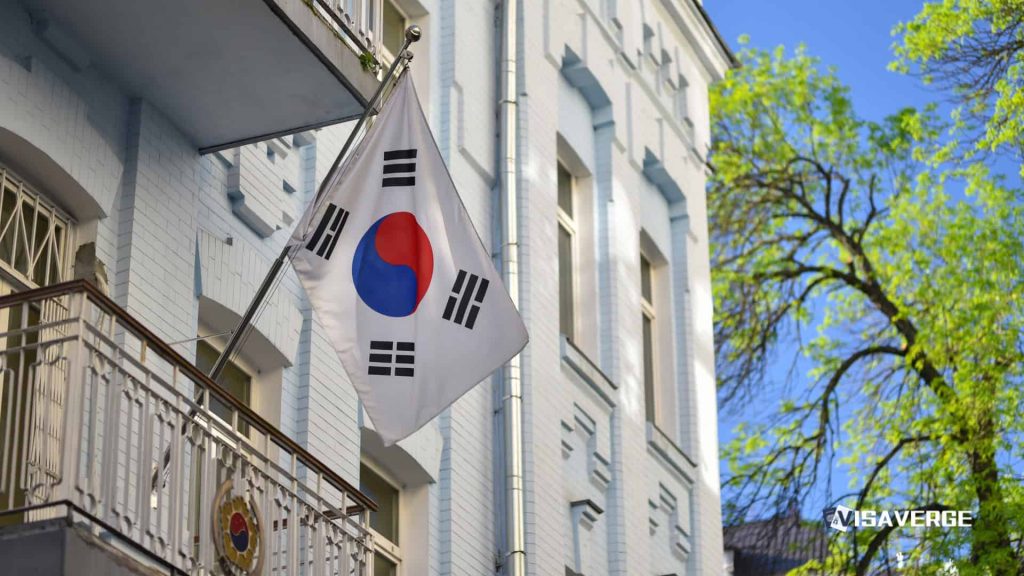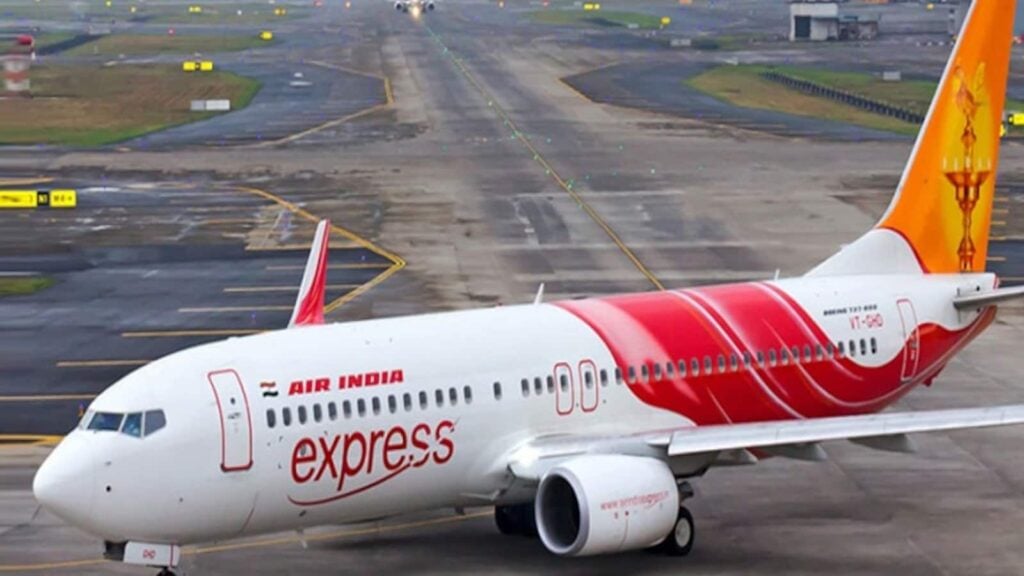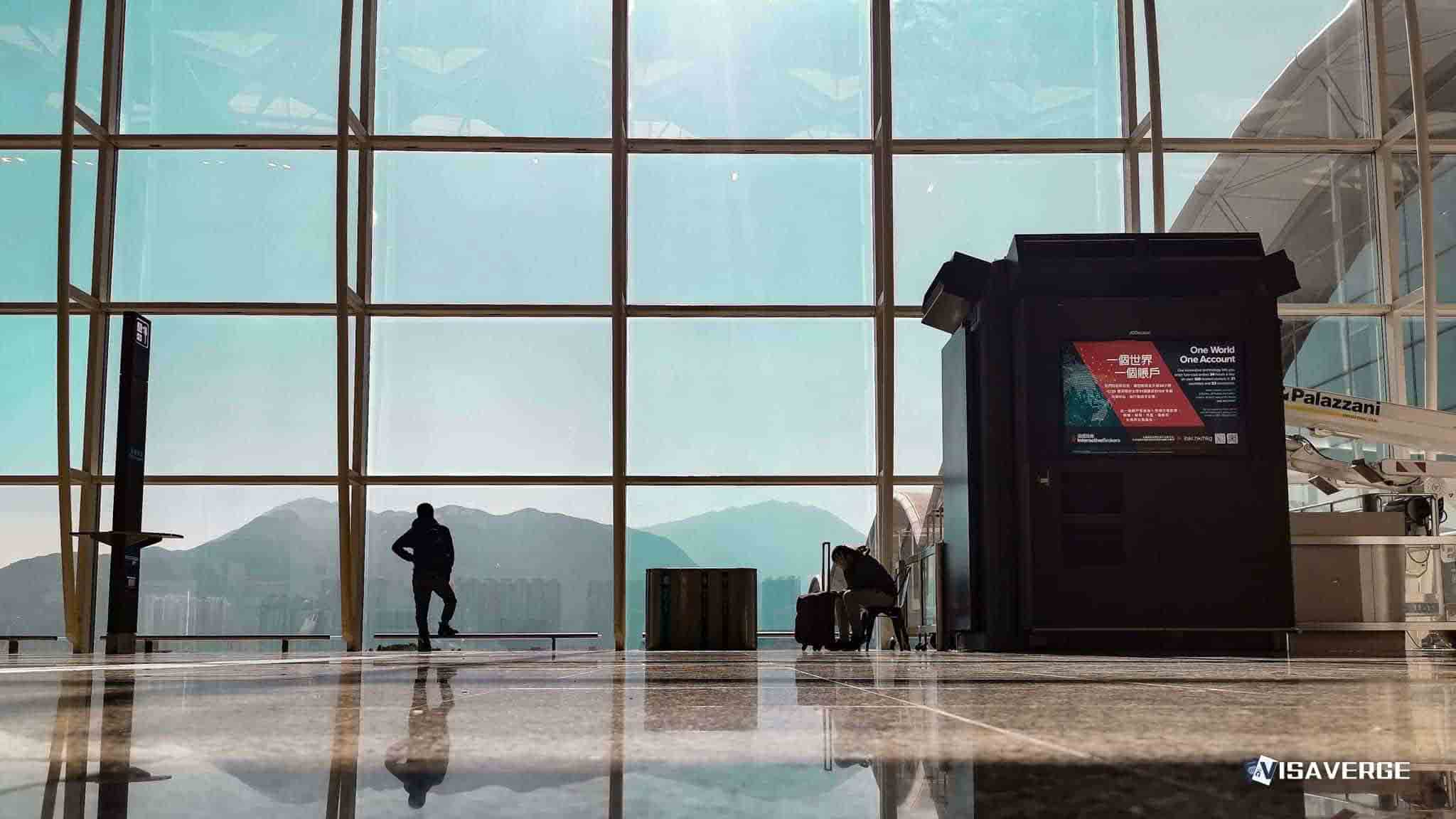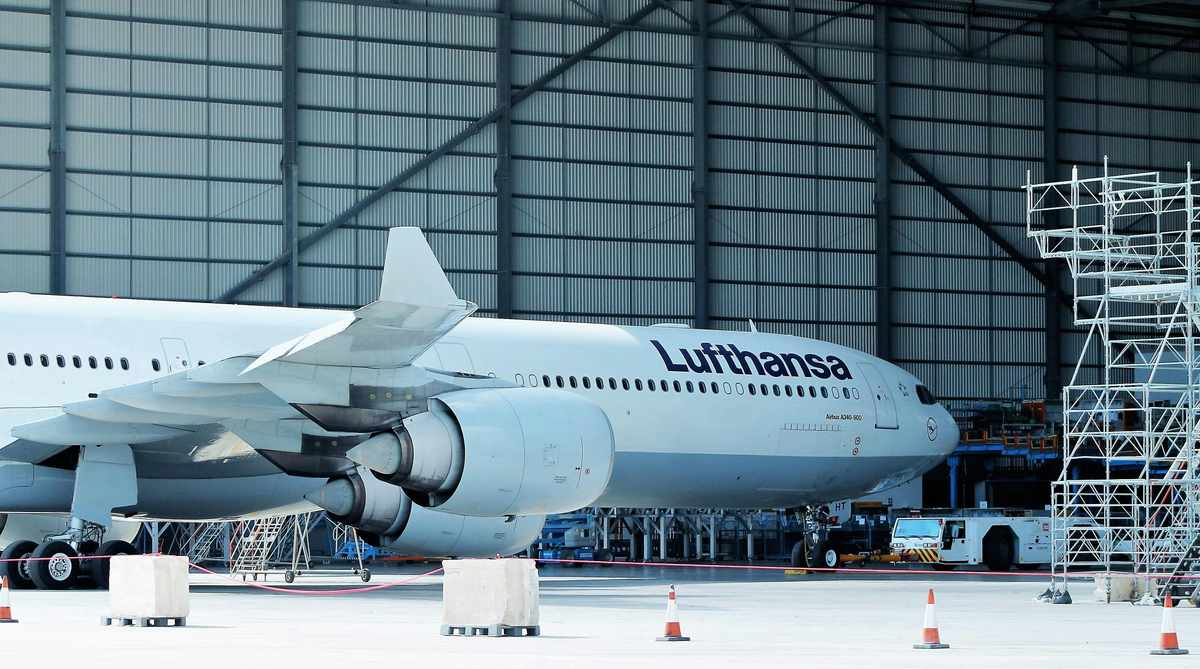South Korea has extended a key travel break for Americans through the end of 2025, and the move is already driving new demand for trips. As of August 11, 2025, U.S. citizens can visit for up to 90 days for tourism or short business without a visa and, under a temporary policy, without the Korean Electronic Travel Authorization known as K-ETA. The exemption, announced on December 11, 2024, runs through December 31, 2025. Officials say it keeps travel simple while border checks remain strong. VisaVerge.com reports that interest from the United States 🇺🇸 and other eligible countries has jumped this year, with airlines and tour operators adding capacity to meet demand.
Policy changes driving the surge

South Korea joined the U.S. Visa Waiver Program in 2008, which allows Americans to enter without a visa for stays up to 90 days for tourism, family visits, conferences, or business meetings. Under this program, no extensions of stay are permitted.
In September 2021, the government added K-ETA as a pre-authorization step for most visa‑free travelers, requiring online submission of personal and travel details at least 24 hours before departure.
Then, in December 2024, the Ministry of Justice extended a K-ETA exemption for U.S. citizens visiting for tourism or short business. This means Americans on short trips do not need to complete K-ETA until the exemption expires at the end of 2025. The underlying Visa Waiver Program rules still apply.
Anyone planning to work, teach English, study, or stay longer than 90 days must obtain the correct visa before traveling.
What U.S. citizens can do now
For short trips, the process is straightforward:
- Confirm your purpose fits tourism or short business and that the stay is 90 days or less.
- Travel with a valid U.S. passport that will not expire during your trip; aim for at least six months of validity.
- No
K-ETAis required for U.S. citizens while the exemption is in place through December 31, 2025. - On arrival, present your passport and answer routine immigration questions.
- Follow any health, quarantine, or customs rules in effect at the time of travel.
Travelers should plan their itinerary to exit before day 90, since extensions are not allowed under the Visa Waiver Program. If you need more time, leave and apply for the correct long‑stay visa before returning.
Requirements for other Visa Waiver Program nationals
Citizens from many other countries who can enter South Korea visa‑free still need to complete K-ETA before boarding their flight. The standard steps are:
- Apply online at least 24 hours before departure.
- Provide personal details, travel dates, and the address of stay.
- Wait for approval, which typically arrives within 24–72 hours.
- Travel with your passport and approved
K-ETA. - Clear immigration on arrival.
You can apply on the official portal: K-ETA official website. Approval does not replace a visa if you plan to work, study, or stay longer than 90 days. In those cases, you must apply for the correct visa before travel.
Work, study, and long stays: visa needed before travel
Travelers who plan to work (including teaching English), enroll in a degree program, or remain in South Korea beyond 90 days must secure the proper visa at a Korean embassy or consulate before departure.
Typical steps include:
- Choose the correct visa category for your purpose (employment, study, family reunion, etc.).
- Prepare required documents, such as an employment contract or school admission letter.
- Submit your application and await a decision.
- Enter South Korea with the visa that matches your purpose; changes of status inside the country are generally not allowed.
This front‑end screening is central to South Korea’s border policy and helps avoid problems at the airport.
Security and border management rationale
The Ministry of Justice and the Korea Immigration Service oversee the Visa Waiver Program arrangements and the K-ETA system. Officials describe K-ETA as a way to pre-check travelers and improve security while keeping travel moving.
The U.S. Embassy in Seoul continues to brief Americans on entry rules and recommends enrollment in the Smart Traveler Enrollment Program for alerts and support during travel. The policy mix—visa waiver access, targeted pre-authorization, and a time‑limited U.S. exemption—aims to keep tourism and business trips simple without cutting border checks.
The mix of the Visa Waiver Program,
K-ETA, and the temporary U.S. exemption is intended to boost travel while maintaining orderly, secure borders.
Human impact: families, students, and businesses
The extension has real effects on daily plans:
- A Korean American family organizing a fall reunion in Busan can book with peace of mind knowing no
K-ETAis needed for their short trip. - A small U.S. tech firm scheduling two‑week client visits in Seoul can send staff on short notice, reducing admin steps and costs.
- Students joining a 10‑day university exchange can focus on flights and housing, not extra paperwork.
At the same time, people seeking jobs or academic programs must plan ahead for the right visa. Missing that step can lead to refused boarding or denial at the border, a costly setback for families and employers.
Implementation timeline and what to watch
- September 2021:
K-ETAbegan for most visa‑free travelers. - December 11, 2024: U.S.
K-ETAexemption announced. - December 31, 2025: U.S. citizen
K-ETAexemption expires (current end date).
Authorities may extend, end, or adjust the exemption based on travel patterns and security reviews. Travelers with plans in early 2026 should track updates from the Korea Immigration Service and the U.S. Embassy in Seoul. Airlines will also adjust their check‑in rules as policies change; always follow the latest airline guidance for boarding documents.
Practical tips at the airport
- Bring proof of onward or return travel within 90 days.
- Keep hotel bookings or a host’s address ready for inspection.
- Answer questions clearly about the purpose of your visit.
- Carry supporting papers, such as conference invitations or meeting schedules.
- If referred to secondary inspection, stay calm and provide direct answers to the officer’s questions.
These simple steps help prevent delays and reduce the chance of being denied entry.
Stakeholder roles and contact points
- Ministry of Justice / Korea Immigration Service: runs
K-ETAand manages border checks. - Ministry of Foreign Affairs: guides visa policy and consular services.
- U.S. Embassy in Seoul: shares updates for American travelers and provides emergency support (kr.usembassy.gov).
- Airlines and tour operators: implement boarding document checks and advise passengers on current rules.
Analysts say the 2025 travel season shows how clear entry rules and steady communication can boost trips while keeping borders orderly. For now, the temporary U.S. exemption, together with the Visa Waiver Program and K-ETA, is fueling a strong year for South Korea’s tourism and business visits.
Frequently Asked Questions
This Article in a Nutshell
South Korea’s 2025 K-ETA exemption simplifies travel: U.S. citizens may visit up to 90 days visa-free through December 31, 2025, boosting tourism. Airlines add capacity, but work, study, or stays beyond 90 days still require proper visas from Korean embassies before travel, and VWP rules prohibit extensions.








